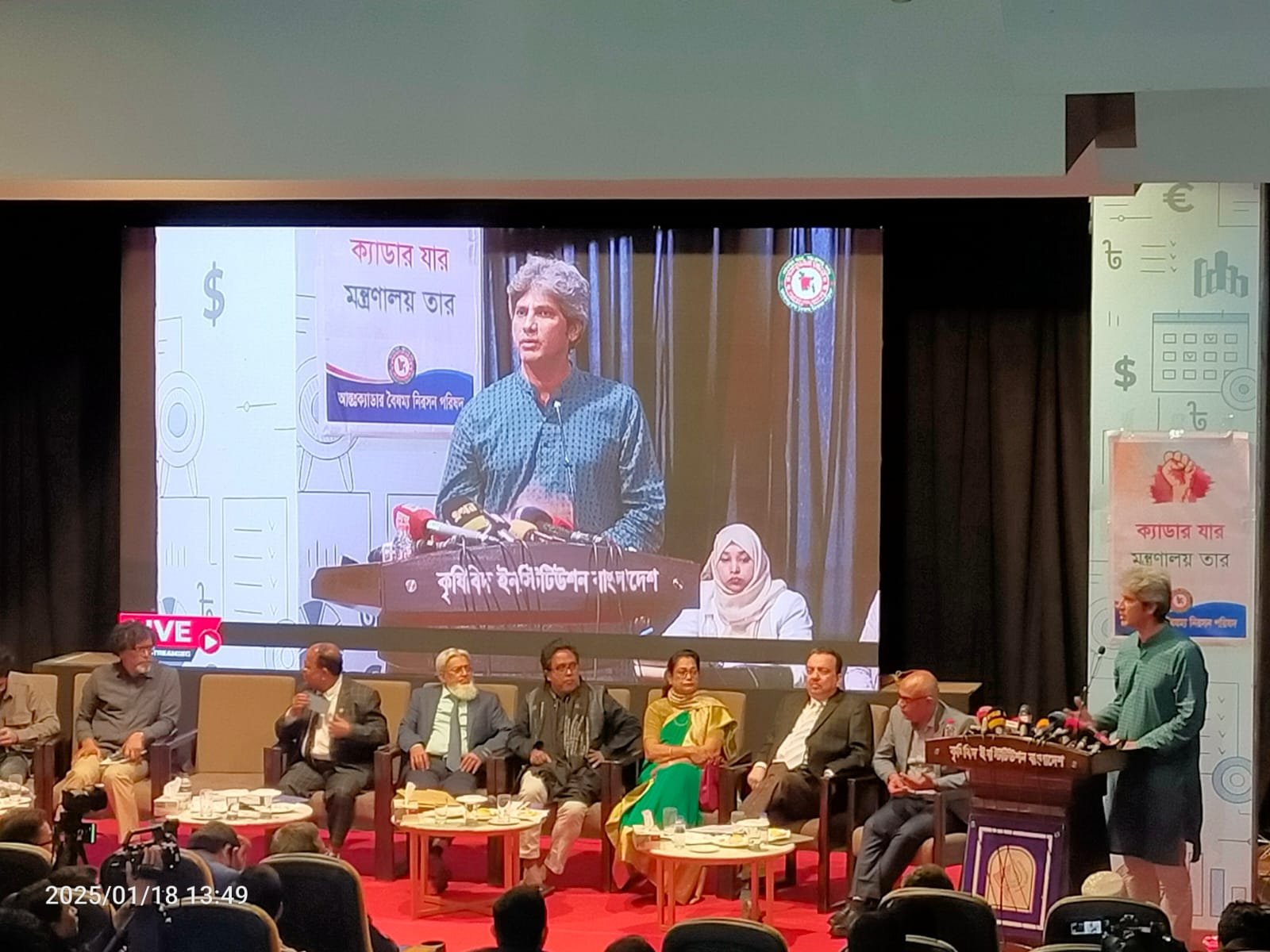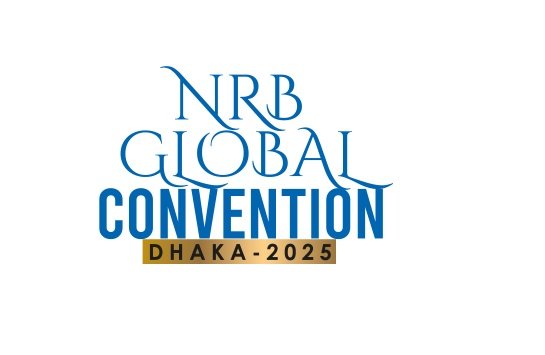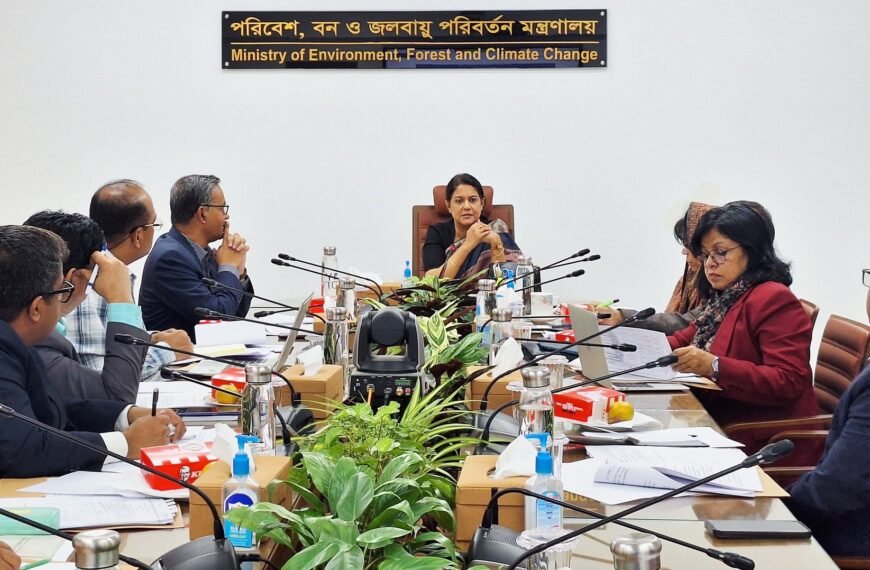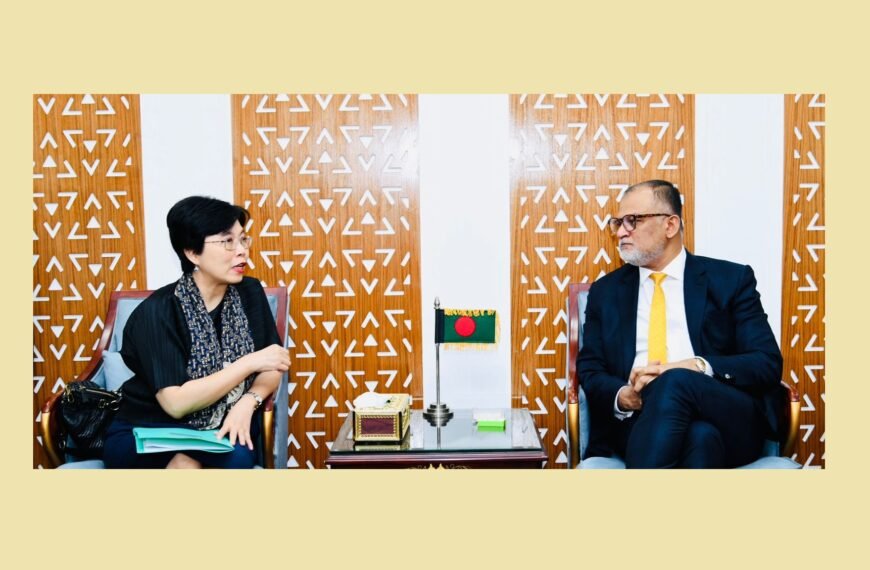To ensure people-friendly and effective service management, equality must be brought among all cadres, and inter-cadre discrimination must be eliminated to ensure mutual respect, good relations and fairness. In addition, the relevant cadre officials who went to the Deputy Secretary pool in the ministries must be promoted. Promotion without posts must either be stopped, or the same policy must be implemented for all cadres.
On Saturday (January 18, 2025), speakers made these remarks at a seminar titled ‘Expected Civil Service to Fulfill Public Aspirations’ at the Krishibid Institution Bangladesh (KIB) auditorium in Khamarbari, Khamarbari, in the capital. The meeting discussed what needs to be done to build a public welfare state through civil service reform.

The speakers at the seminar said that to ensure effective public service, a ministry based on merit should be established, meaning that experienced and skilled officials from their respective cadres should be posted in each ministry. They said that instead of posting them in their respective ministries/departments, officials from the agriculture cadre to the deputy secretary pool are being posted to shipping, officials from education to water resources, and officials from the health cadre to the information ministry, thereby giving them a bad name that they are not efficient. As a result, the main purpose of the pool is failing, and the nation is being deprived of experienced services. They also said that professionalism in the service is being seriously hampered due to the control of one cadre in all sectors, and the sectors are not able to ensure the desired public service due to the bureaucratic complications and mismanagement created. The speakers expressed the opinion that in order to build a non-discriminatory public welfare state, each ministry should be run by an officer from the relevant cadre and a quota-free merit-based deputy secretary pool is very important.
The discussion was attended by prominent writer and columnist Mr. Firoz Ahmed, Professor Nasrin Begum, Agriculturist Ahmed Ali Chowdhury Iqbal, Retired Senior District Judge Dr. Shahjahan Saju, Chief Coordinator of Mass Solidarity Movement Jonayed Saki, General Secretary of SCBA Constitution Preservation Committee Syed Mamun Mahbub, Professor of Begum Rokeya University, Rangpur Dr. Tuhin Wadud, Associate Professor of Political Science Department, Dhaka University Kazi Mahbubur Rahman,
Sadequr Rahman Sunny, a student of Mass Communication and Journalism Department, Dhaka University.
The speakers also said that due to the prevailing administrative irregularities and mismanagement, almost all the top positions of the 25 cadres are not filled by the officials of the concerned cadre. Due to this, the concerned cadre officials are losing their enthusiasm for work. As a result, the people are being deprived of the services they desire. They said that to build a skilled, professional and dynamic civil service system, there is a need for equality among all cadres, including timely promotions. In the same country, an officer of one cadre will get promotion despite not having a post, and an officer of another cadre will not get promotion despite having a post, this cannot be a modern administrative system. The officers of the 25 cadres believe that this is a deliberate complication and colonial attitude of the administration cadre. Therefore, they called on the current interim government to eliminate this irregularity.
The speakers also said that the 25 cadres are providing maximum cooperation to the government in the development of all sectors including education, health, and agriculture. Despite their great contribution to the development of the country, the officers of all these cadres are deprived. The interim government, which is against discrimination, will have to work sincerely to eliminate this deprivation. Among the reform commissions formed to build a new Bangladesh, the Public Administration Reform Commission is very important. Therefore, the speakers expressed their hope that the commission will present necessary proposals to form a modern service-oriented civil service for the welfare of the state and the people.
The speakers in the discussion said that the posts of Senior Service Pool (Deputy Secretary Pool) are not of any specific cadre. Although the appointments to these posts are supposed to be made on the basis of merit as per the Senior Services Pool (SSP) Order, 1979, the administration cadre has continued the quota system on various pretexts, which is a serious obstacle to the formation of a merit-based public welfare state. The officials also alleged that some officials of the administration cadre are misleading the people by writing articles/articles containing incorrect/partial/colorful information in the media and social media. They said that when the officials of all the remaining cadres together complain against one cadre, talk about deprivation and deprivation of rights, then the government must realize how serious it is.
The speakers in the meeting said that the government must take steps to build a dynamic public administration system by eliminating irregularities, quota discrimination, and inequality at all levels of the administration. The current interim government was formed by dismissing the autocratic government through the anti-quota movement. Therefore, merit-based public administration should be built by abolishing all types of quotas.
Dr. Muhammad Ahsan Habib, convener of the seminar organizing committee, presided over the event. Dr. Muhammad Mofizur Rahman presented the keynote address. Dr. Mohammad Shahadat Hossain and Tahsin Tabassum, co-coordinators of the Inter-Cadre Discrimination Elimination Council, moderated the event. The presidents, secretaries, senior leaders and officials of various departments including the 25 cadre associations included in the council were present at the event.




